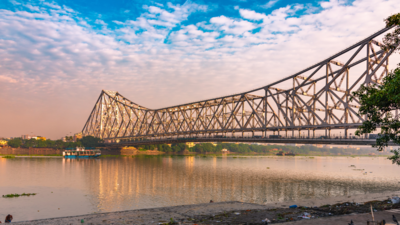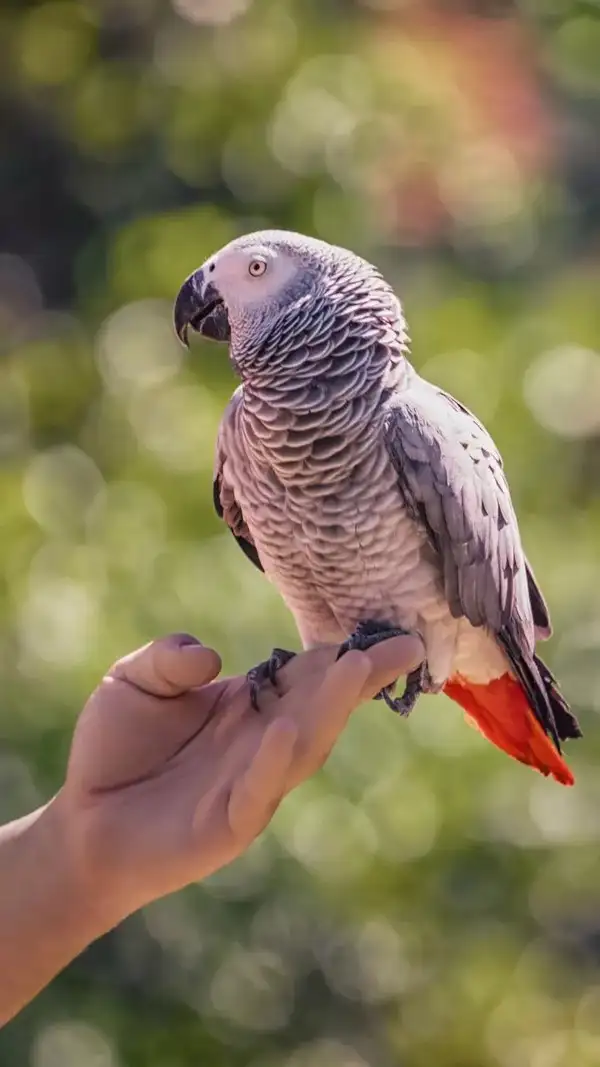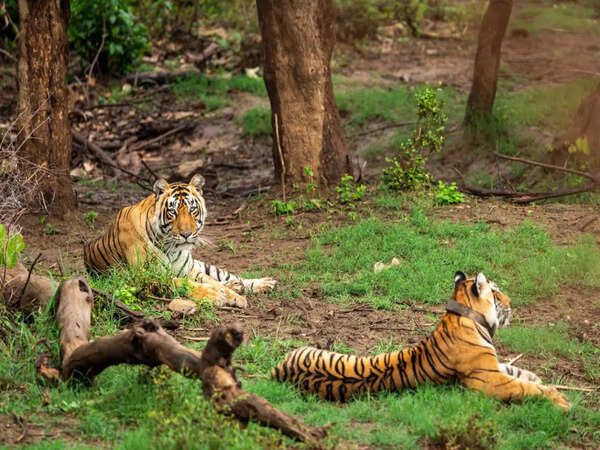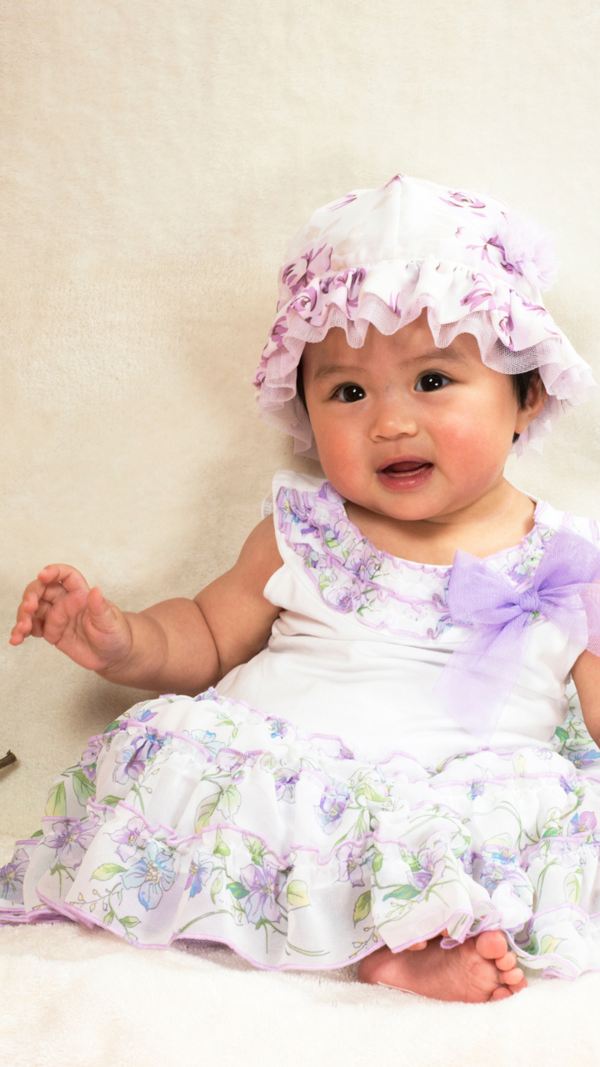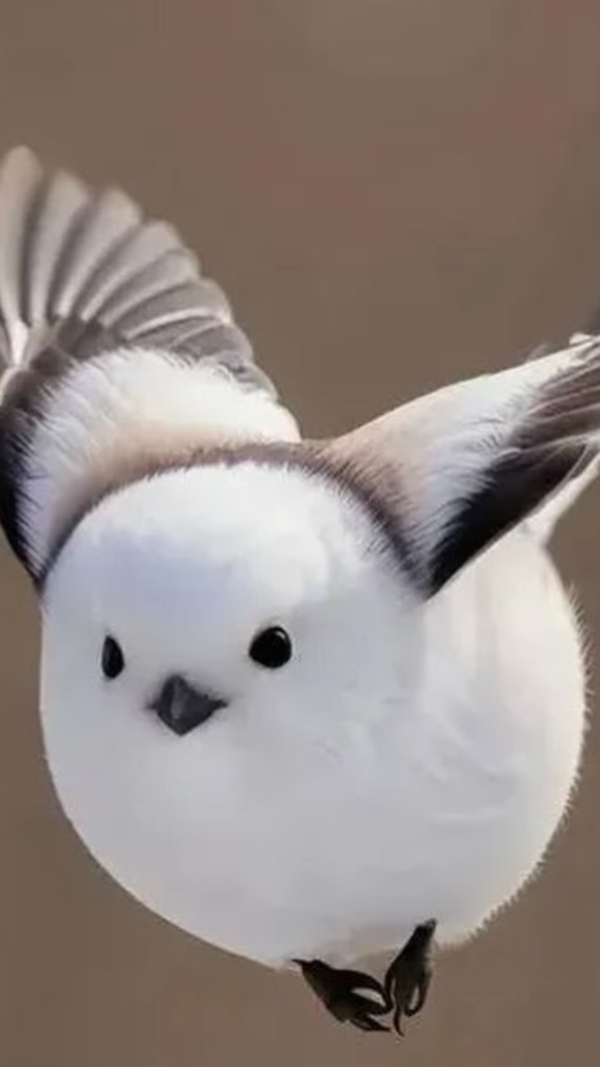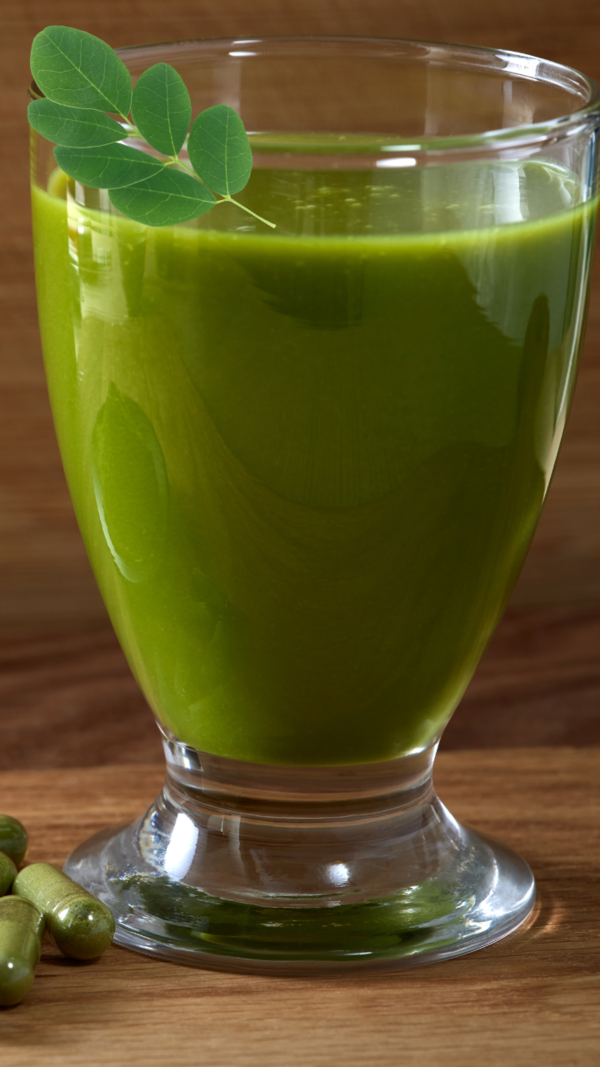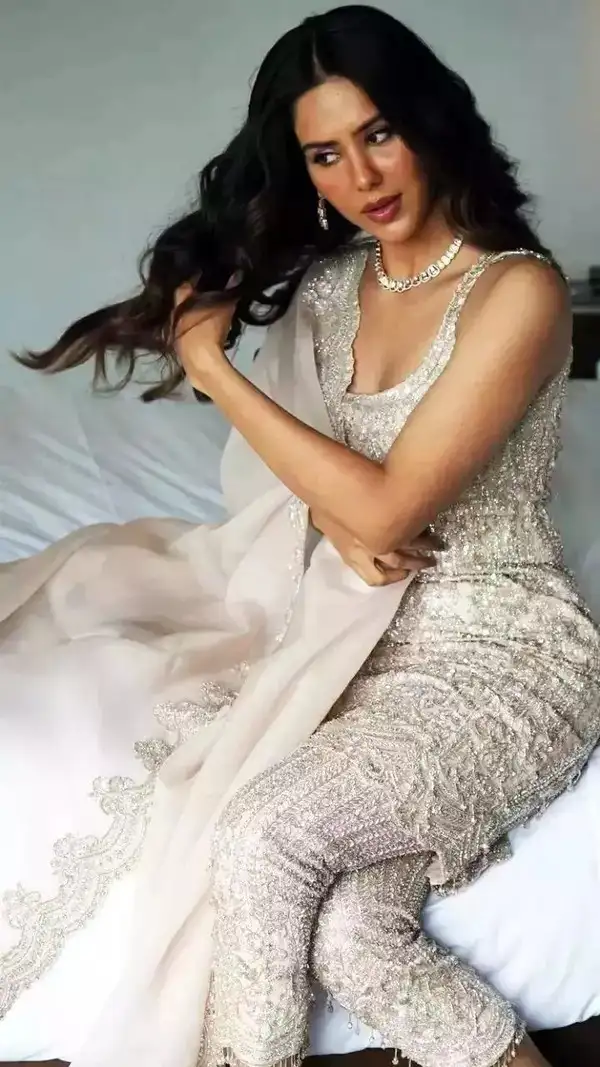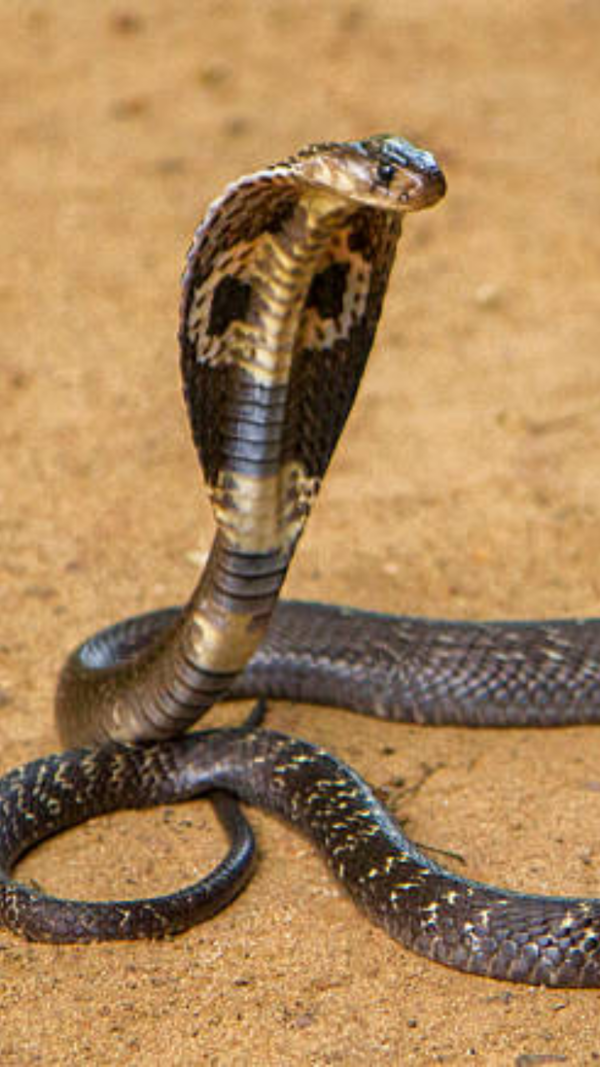Welcome to Kolkata—widely referred to as the ‘Cultural Capital of India,’ where old trams rattle through colonial streets, scents of freshly fried telebhaja mix with incense wafting from roadside shrines, and the Hooghly River sparkles like an eternal eyewitness to the city's multiple layers. This city offers you chaos and charm at the same time through its colonial alleys and pastel-shuttered windows. Here, art isn't confined to galleries, but transcends onto walls, conversations, and even across steaming plates of biryani. Spend a day in the cultural capital, and you’ll get to meet poets in paan shops, philosophers in fish markets, and stories in the folds of handloom sarees. Kolkata isn’t a place, it’s more of a mood. Here’s how to spend a day here.
Where to begin?
Kumartuli: Start with Kumartuli, which is a potters' area settled away in North Kolkata, to experience the soul of the city. Artists here carve out magnificent straw and clay idols of gods and goddesses, especially during Durga Puja time, when the whole city turns into an open-air gallery. Seeing these craftsmen bringing these idols to life is a sight to behold for sure.
College Street: A short drive away is College Street, more popularly called 'Boi Para' or Book Lane. The literary heaven has hundreds of improvised bookstalls and second-hand goodies piled up to the heavens. Amid these is situated the fabled Indian Coffee House, which used to be the favorite haunt of well-known people like
Satyajit Ray, Amartya Sen, and Manna Dey.
Sip a steaming cup of their iconic coffee while waiters in colonial attire move between the discussion of politics, poetry, and cricket.
Victoria Memorial: From there, it is possible to walk to Victoria Memorial, a beautiful white marble building recalling British imperial majesty. The gardens surrounding it provide a serene oasis in the heart of the city.
Maidan: Often referred to as Kolkata's lungs, it lies nearby, sprawling over acres, where you might get to watch a game of cricket, ride on horse-drawn carriages, or just recline under a centuries-old tree as hawkers sell jhal muri (spicy puffed rice).
What to do next?
Park Street: By midday, hunger will lead you to Park Street, the former hub of colonial nightlife and still full of cafés and restaurants that mix old-world charm with modern menus. Have a traditional Bengali lunch of shorshe ilish (hilsa in mustard curry) and mishti doi (sweet yogurt) at a local restaurant, or try colonial-style places like Chelo Kebab.
Dakshineswar Temple: No trip to Kolkata is complete without a visit to its temples and holy places. The Dakshineswar Kali Temple, along the Hooghly River, is as much a pilgrimage center as it is an exercise in architectural elegance and peace. Go for the boat ride across to Belur Math, headquarters of the Ramakrishna Mission, where river, spirituality, and philosophy converge.
: As the day starts to slow down, walk towards Prinsep Ghat, a dreamy riverside promenade. Whether you stroll along its Greek and Gothic pillars or take a sunset cruise, the golden light in Kolkata bathes everything in a warm, nostalgic light. The sounds of street performers, food stalls, and laughter pervade the air, and it is the ideal place to sit and ponder the day.
Howrah Bridge: At night, the city changes once more. The Howrah Bridge, bedazzled with light, dominates the city like a steel sentinel. New Market's shopping streets, with shoppers and hagglers, throb with life. Kolkata's nightlife, subdued though it has its beat—jazz performances in old bungalows, experimental theater in basements, and chai in the dead of night at road stalls.
Image credits: Canva



